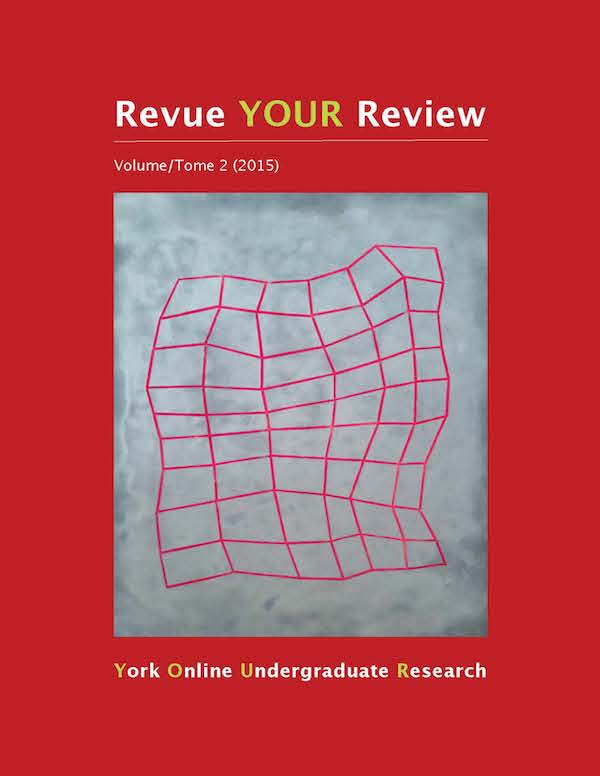United We Stand, Divided We Fall: The Case for a World Environment Organization
Résumé
The first global response to the impending crisis of climate change occurred with the creation of the United Nations Environment Programme (UNEP) in 1972. Since then, conferences have been convened, agreements have been adopted, and another body has been formed without any substantial global progress on the environment having transpired. I examine how current institutional arrangements have failed and prescribe the construction of a World Environment Organization (WEO) as a normative remedy. Such a body would need to be well resourced, with its mandate expanded to the effect that it could compete against the legally binding edicts of the World Trade Organization (WTO). A WEO could also replace dishevelled inter-state action on climate change with centralized, international agreement, implementation, and enforcement of initiatives. I also explore the moral obligation the industrialized North has to assist the underdeveloped South in actualizing the latter’s environmental commitments, and mechanisms that would give the South a greater degree of decision-making power than it presently has. Liberal market environmentalism, an anti-thesis to the proposed WEO, is explained and rebutted. The role of Canada’s current administration in the global response to environmental degradation is likewise studied and critiqued. Though the conclusions I draw from my survey of the literature are normative, I utilize various examples in current affairs to suggest that a productive, cooperative WEO can realistically be consummated.
Téléchargements
Comment citer
Numéro
Rubrique
Licence
Les auteurs qui contribuent à la Revue YOUR Review acceptent de publier leurs articles selon une des trois catégories de la licence 4.0 : Creative Commons Attribution 4.0 International; Creative Commons Attribution-Pas d'Utilisation Commerciale 4.0 International; ou Creative Commons Attribution-Pas de Modification 4.0 International. Tout contenu éditorial de ce site ainsi que les affiches et les résumés sont sous la licence Creative Commons Attribution-Pas de Modification 4.0 International. Pour plus d’informations, veuillez voir :
https://creativecommons.org/licenses/
Dans tous les cas, les auteurs conservent leurs droits d’auteurs et concèdent à la Revue YOUR Review le droit de première publication. Les auteurs peuvent, par la suite, conclure d’autres accords de distribution non exclusifs de la version publiée dans ce périodique (par exemple, l’afficher à un dépôt institutionnel ou le publier dans un livre ou dans un autre périodique) à condition que la reconnaissance fasse mention de la publication originale dans la Revue YOUR Review.


